Trump impeachment trial: How it works, what you need to know
A Senate impeachment trial starts on Wednesday (AEDT) with a vote on its constitutionality. This is what happens next.
On Wednesday February 10 (AEDT), the US Senate will open its impeachment trial of former President Donald Trump, the first time in US history there has been a trial of a president who has left office.
The House of Representatives on Jan. 13 impeached Mr Trump a second time, for his role in inciting the Jan. 6 Capitol riot, just over a year after it first impeached him for pressing Ukraine to announce investigations that would have aided him politically. The latest vote was 232 to 197, with all Democrats joined by 10 Republicans, in a House chamber protected by National Guard troops stationed throughout the Capitol and its grounds.
After the article of impeachment was sent to the Senate, the upper chamber held a procedural vote on the constitutionality of holding the trial for a president who has left office, and only five Republicans joined Democrats in affirming the legality of the process. That left little doubt as to the final outcome of the trial — a likely acquittal for Mr Trump.
The start of the trial was delayed by an agreement between Senate Majority Leader Chuck Schumer and Minority Leader Mitch McConnell to allow both sides more time to prepare. Mr Trump had some difficulty assembling a legal team. His first set of lawyers quit two weeks before the start of the trial. House Speaker Nancy Pelosi has named a team of House impeachment managers. Here is how the unprecedented process is playing out.
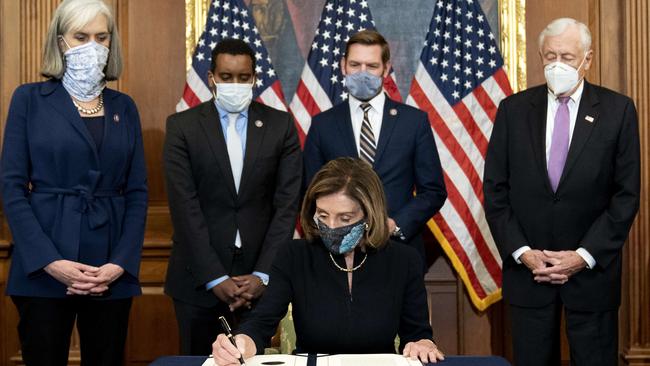
How Will the Trial Be Structured?
Some Senate Democrats have signalled that they hope for a quick trial that concludes within a matter of days, given the likelihood of an acquittal, the relative clarity of the case (compared with the somewhat complicated nature of Mr Trump’s previous impeachment), and the desire to move expeditiously to President Biden’s legislative agenda.
It is unclear whether Democrats will call witnesses, though they invited Mr Trump to testify under oath — a suggestion quickly rejected by Mr Trump’s defence team. Mr Trump’s lawyer David Schoen warned Democrats against calling witnesses, and threatened to call Democrat senators “because of the awful bias and prejudgement they’ve shown,” he told Fox News host Sean Hannity.

The Senate will vote on a resolution governing the trial’s structure on the first day. It is expected to include time for the prosecution’s opening arguments, Mr Trump’s defence, and then a question-and-answer period with senators, followed by closing arguments. After that, the Senate will vote.
Senate leaders are busy finishing a resolution that likely will include up to four hours of debate on the constitutionality of the trial, followed by a vote at simple majority threshold and starting on Thursday (AEDT), up to 16 hours per side for presentations by Mr Trump’s defence and the House managers, acting as prosecutors.
At the request of Mr Trump’s lawyers, there will be no trial proceedings during the Jewish Sabbath, from Friday (ET) after 5pm through Saturday. Following that break, the trial would reconvene the afternoon of Sunday, February 14 (Monday Feb 15 AEDT).
According to the Constitution, the chief justice of the Supreme Court only presides over the trial of a sitting president. Senate President Pro Tempore Patrick Leahy, the longest-serving member of the majority party, will preside over this trial.
The proceedings will be broadcast on C-SPAN, and other major national networks are likely to show at least part of the trial.
Who Will Make the Arguments on Each Side?
The case for convicting Mr Trump will be made by a team of nine House managers, all Democrats, led by Rep. Jamie Raskin of Maryland. The rest of the team consists of Reps. Diana DeGette of Colorado, David Cicilline of Rhode Island, Joaquin Castro of Texas, Eric Swalwell of California, Ted Lieu of California, Stacey Plaskett of the US. Virgin Islands, Joe Neguse of Colorado and Madeleine Dean of Pennsylvania.
Mr Trump’s defence team will be led by David Schoen, an Alabama-based trial lawyer, and Bruce Castor, a former district attorney in Montgomery County, Pennsylvania.
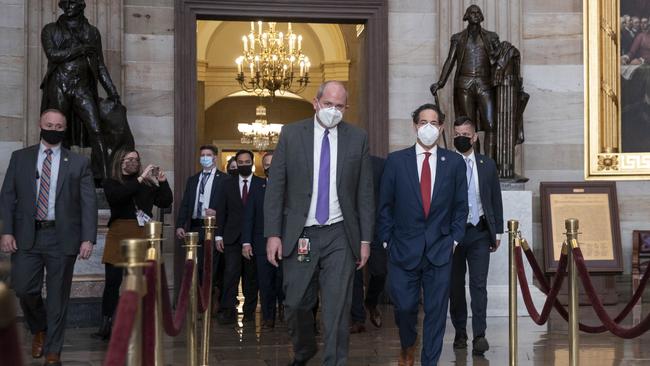
What Does the Constitution Say About a Second Impeachment?
The Constitution gives broad leeway to the House of Representatives to handle the impeachment process. There are no limits on the number of times someone may be impeached, though Mr Trump is the first person ever to be impeached more than once.
Sen. Chuck Schumer delivered remarks during a break in the Senate’s first impeachment trial of Mr Trump last year.

What Are the Consequences of a Second Impeachment?
Because President Biden has already taken office, the practical effects of the second impeachment by the House are mostly symbolic. The Senate, if it successfully convicts Mr Trump, can’t remove him from an office he doesn’t hold.
But the Senate could immediately hold a follow-up vote, subject only to a simple majority, to ban Mr Trump — who has weighed another presidential run in 2024 — from ever seeking office again. Those are the only punishments the Senate can consider as part of an impeachment conviction. A Senate conviction after Mr Trump has left office wouldn’t affect his post-presidential benefits, which include a pension and Secret Service protection.

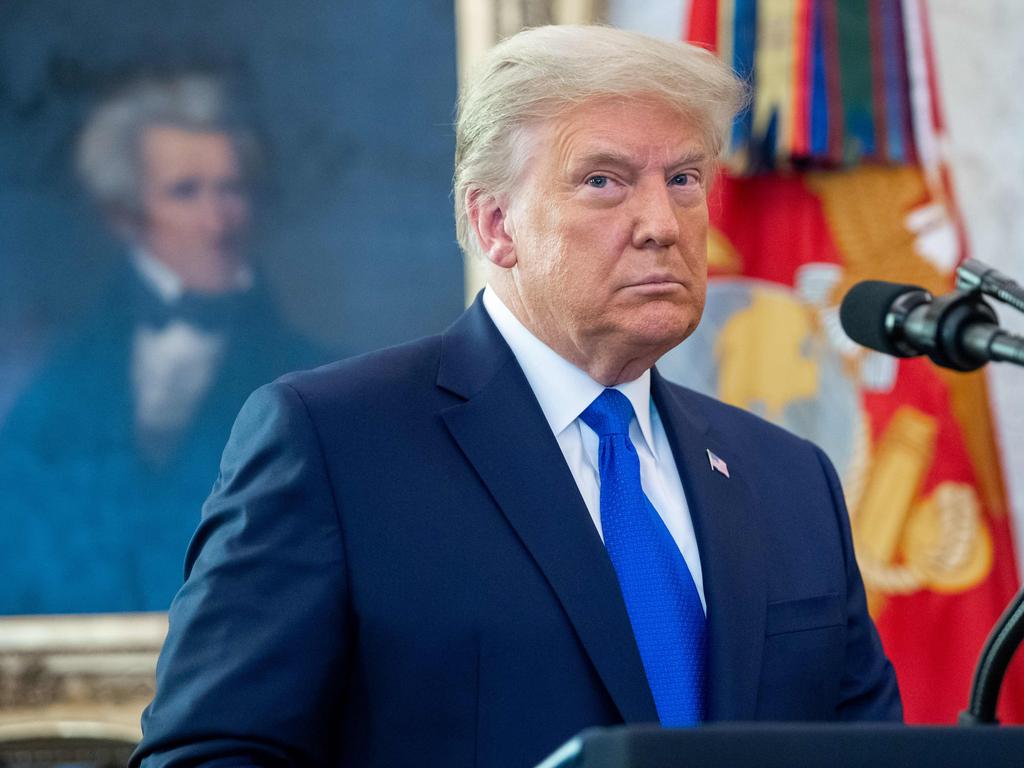
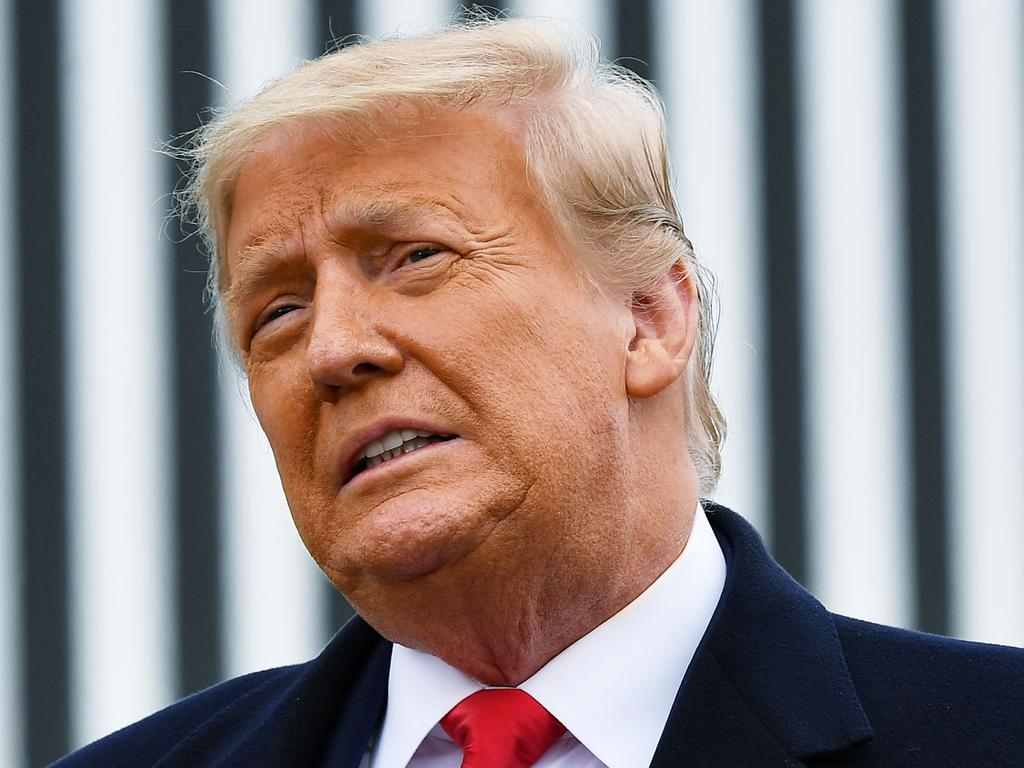
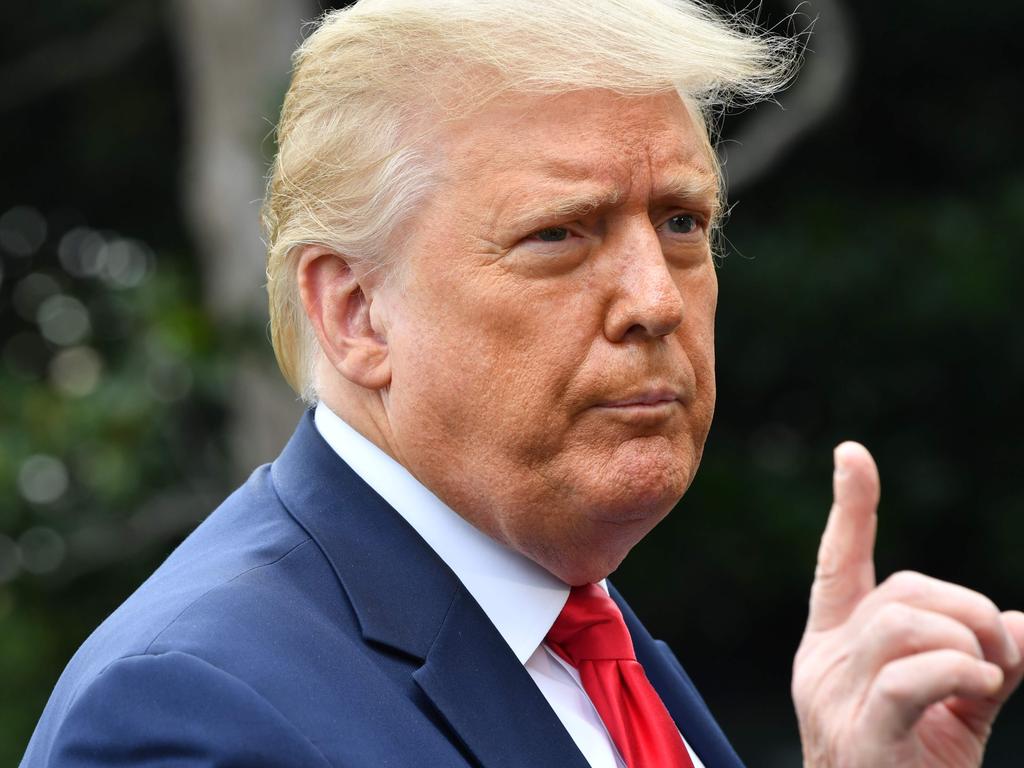
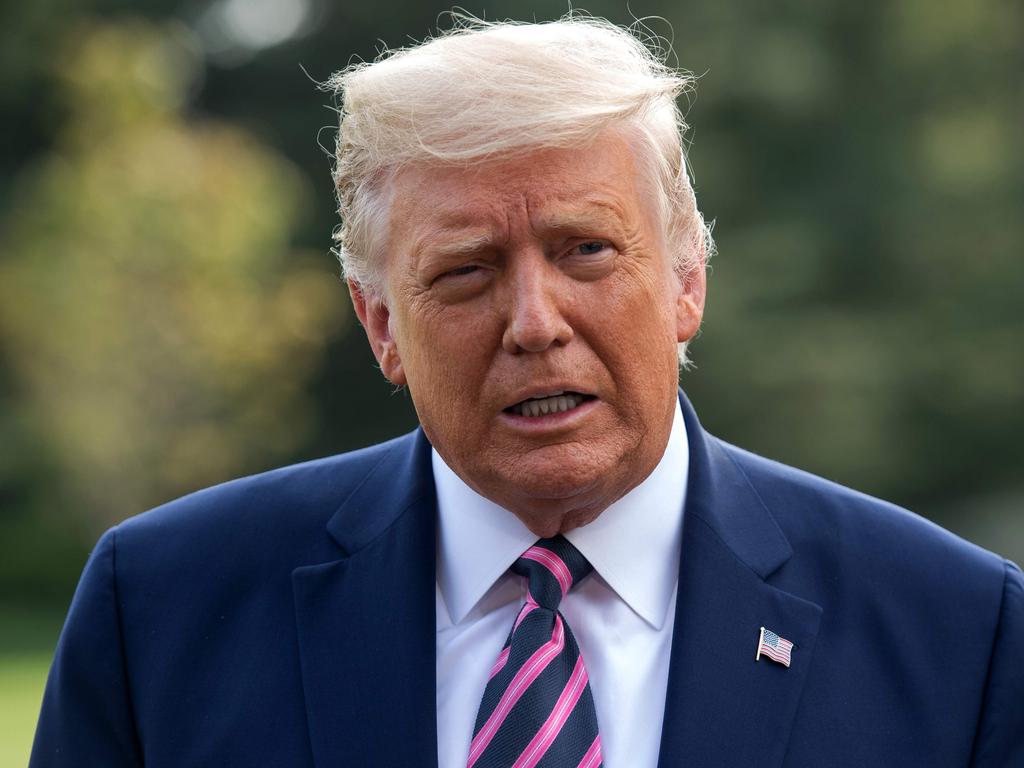


To join the conversation, please log in. Don't have an account? Register
Join the conversation, you are commenting as Logout